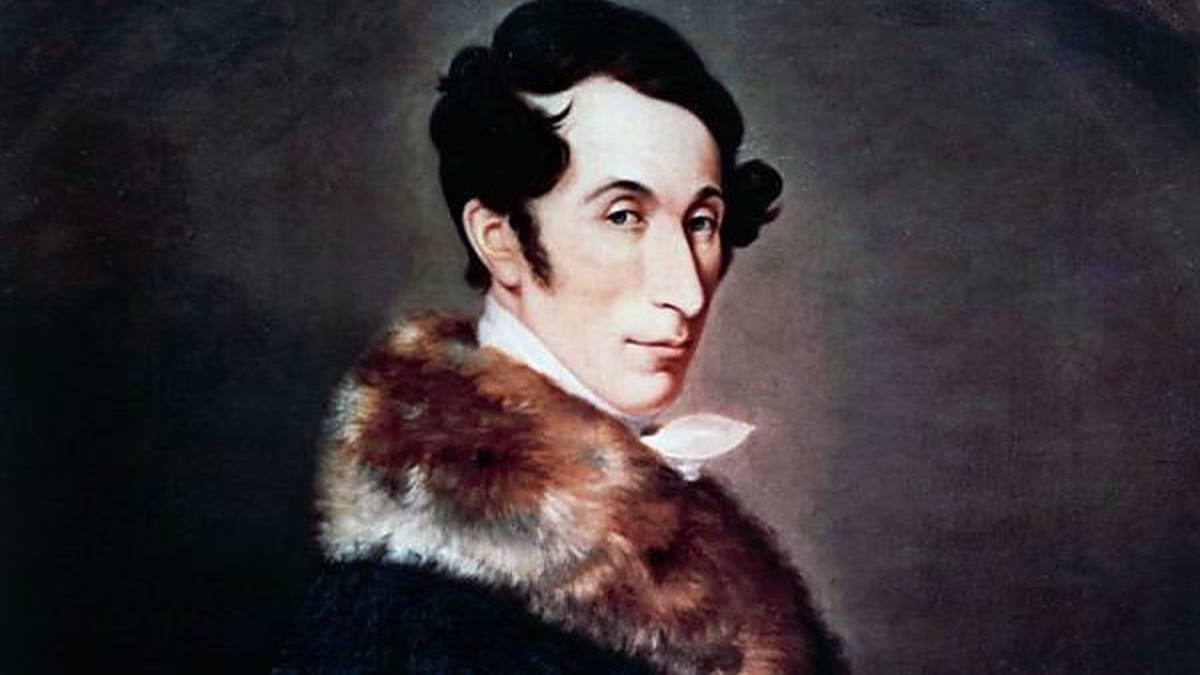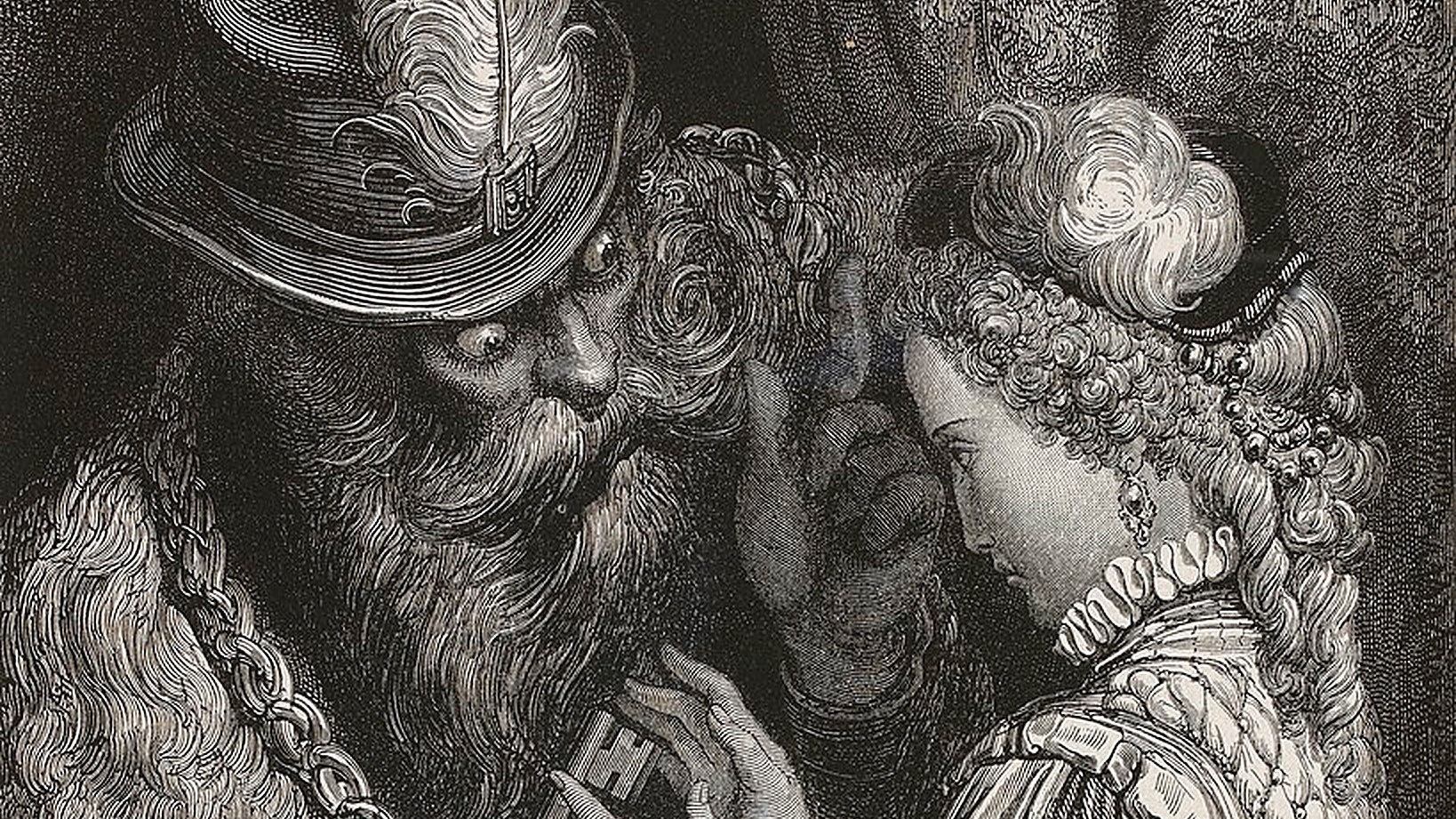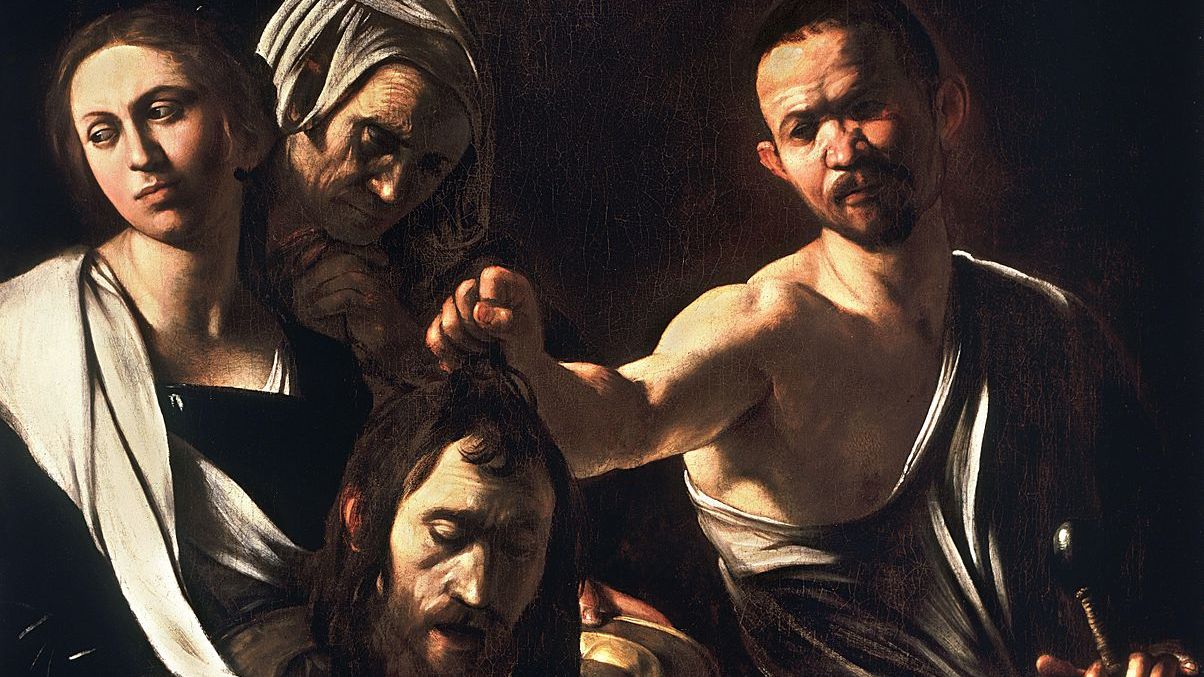Ravel’s “L’Heure Espagnole”: An Enchanting One-Act Comédie Musicale
Maurice Ravel’s 1911 comic opera in one act, L’heure espagnole, is a hilariously enchanting farce. Its literal title, “The Spanish Hour,” can be more accurately translated as “Spanish Time,” or “How They Keep Time in Spain.” The libretto by Franc-Nohain is based on a 1904 play by the same author. Set in eighteenth century Spain, the plot of L’heure espagnole centers around Concepción, the restless and lusty wife of a preoccupied clockmaker …





